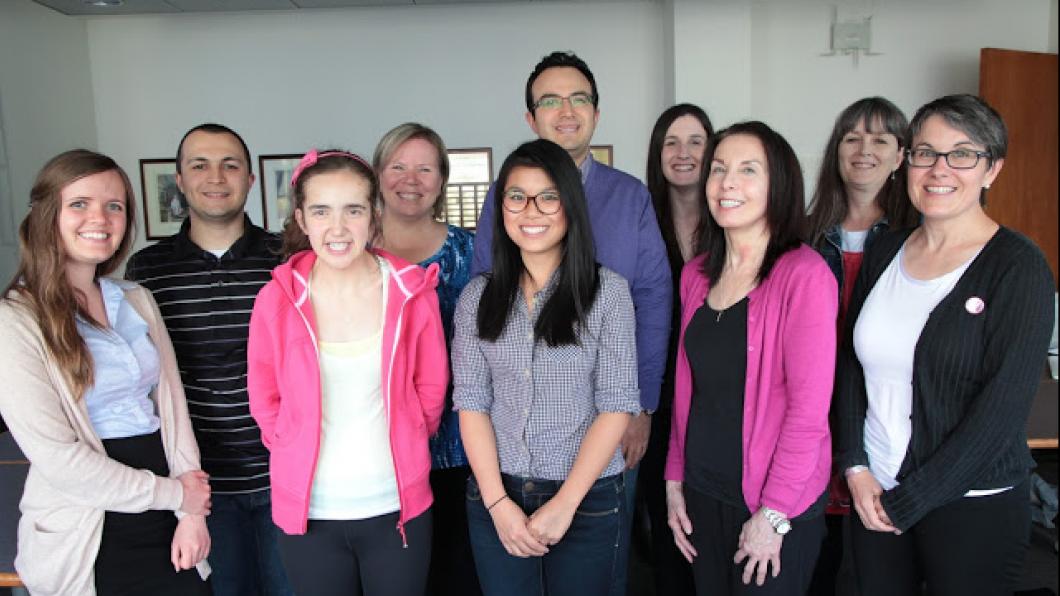
What do disabled youth say about friendship?
By Louise Kinross
Youth with disabilities tend to have fewer friends and smaller social networks than their peers. And studies find that typical youth are more open to having a friend who has a physical disability than one with an intellectual disability.
Most of the research about friendship for people with intellectual disabilities is based on the perspectives of caregivers and support workers.
That’s why a three-year University of Toronto study called Voices of Youth is so innovative.
The project asks youth with intellectual disabilities aged 13 to 24 what friendship and community means to them.
“Friendship is very important for a happy life,” says David Conforti, a 25-year-old with an intellectual disability who’s a project consultant on the study. “I find it difficult to find new friends my age. We all need to feel connected to other people, that way we feel more safe and comfortable in our communities and lives.”
The Voices of Youth research involves three in-person interviews, including one in the community and one where participants are asked to invite a friend who will join them in an activity. A videographer is part of the research team.
“We’re videotaping to get less of an interview and more of an experience format,” says Shauna Eisen, an occupational therapist coordinating the study. “We want to make sure we catch a lot of different subtleties that we might miss in written answers. We also want to make the research accessible for people who might have difficulty communicating verbally.”
The research aims to get a youth perspective on “what friendship looks like and what some of the challenges may be,” Shauna says. “We also want to explore the definition of community, which is seen as vital for a balanced quality of life. Community engagement might be seen by some as physically engaging with neighbours or being part of different groups, or it might be an online presence.”
Researchers are working with three project consultants who have intellectual disabilities and three community organizations that work with people with intellectual disabilities (see photo of the team above).
One of these is Hand Over Hand, a non-profit in York Region that pairs volunteers without disabilities with youth with disabilities for monthly social events and activities. “I’ve seen the difference this peer-driven social experience makes from the individual’s perspective and from feedback from families,” says Shauna, who is a volunteer. “I’ve seen how much personality, how many skills and abilities are brought to light with this type of opportunity.”
Voices of Youth is wrapping up its second year and will eventually produce a video that incorporates what participants had to say about friendship and their experiences.
The research, a partnership with McMaster University, is supported by the Social Sciences and Humanities Council of Canada.
Participants are still being recruited. To get involved, e-mail Shauna at voices.ofyouth@utoronto.ca.